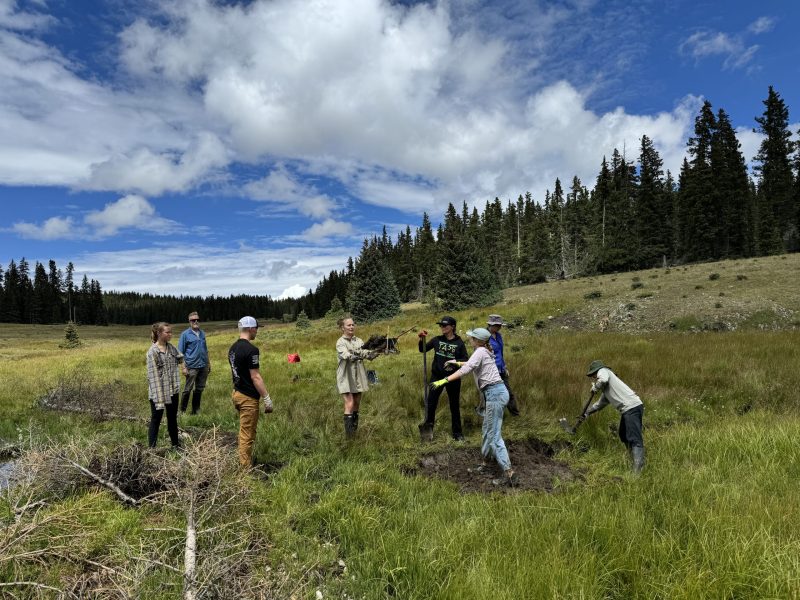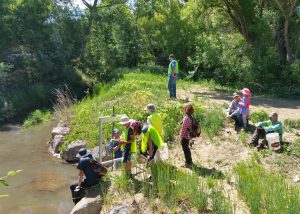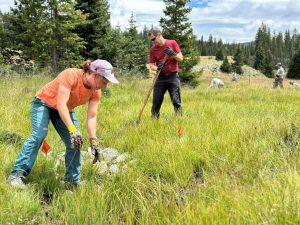
Amigos Bravos is a water conservation organization in New Mexico dedicated to preserving and restoring the state’s water sources. Founded in 1988, the non-profit works closely with local Hispanic and Native American land-based communities and considers environmental justice central to its mission. “We’re restoring watershed health, holding polluters accountable and building a water stewardship for the future,” says the organization’s policy specialist, Sarah Knopp. She notes that there are hundreds of abandoned uranium mines, among others, that have not been remediated and continue to contaminate indigenous lands. After Texas, the state of New Mexico produces the most oil and gas in the US, and Amigos Bravos also uses clean water regulation to hold fossil fuel companies accountable to the communities whose waterways they pollute. The organization works with state agencies to shape regulation, secure remediation and cleanup agreements, as well as guiding river restoration initiatives.

Water Sampling Field Trip with Taos Youth. Photo credit: Shannon Romeling
New Mexico is a majority-minority state and Amigos Bravos has a multiracial staff base of eight employees. The organization, which is guided by a Board of Directors in which people of color are in the majority, also counts on hundreds of volunteers. In May 2025, the organization helped secure a ban on oil and gas firms dumping toxic ‘produced water’, a waste product of oil and gas extraction, into any surface or groundwater source in New Mexico, making it the first US state with such a policy. The prohibition will force producers to recycle far more of the harmful wastewater, Knopp says. Alongside victories on the legislative level, the group embraces hands-on organizing, involving local people in river monitoring, cleanups, and the reintroduction of native species. Amigos Bravos is currently focused on resisting rampant environmental deregulation, Knopp stresses: “Anytime extraction happens with a culture of urgency, it damages communities, health, the environment, and workers.”

Volunteers build rock and sod dams along a draining in Midnight Meadows. Photo credit: U.S. Forest Service Carson National